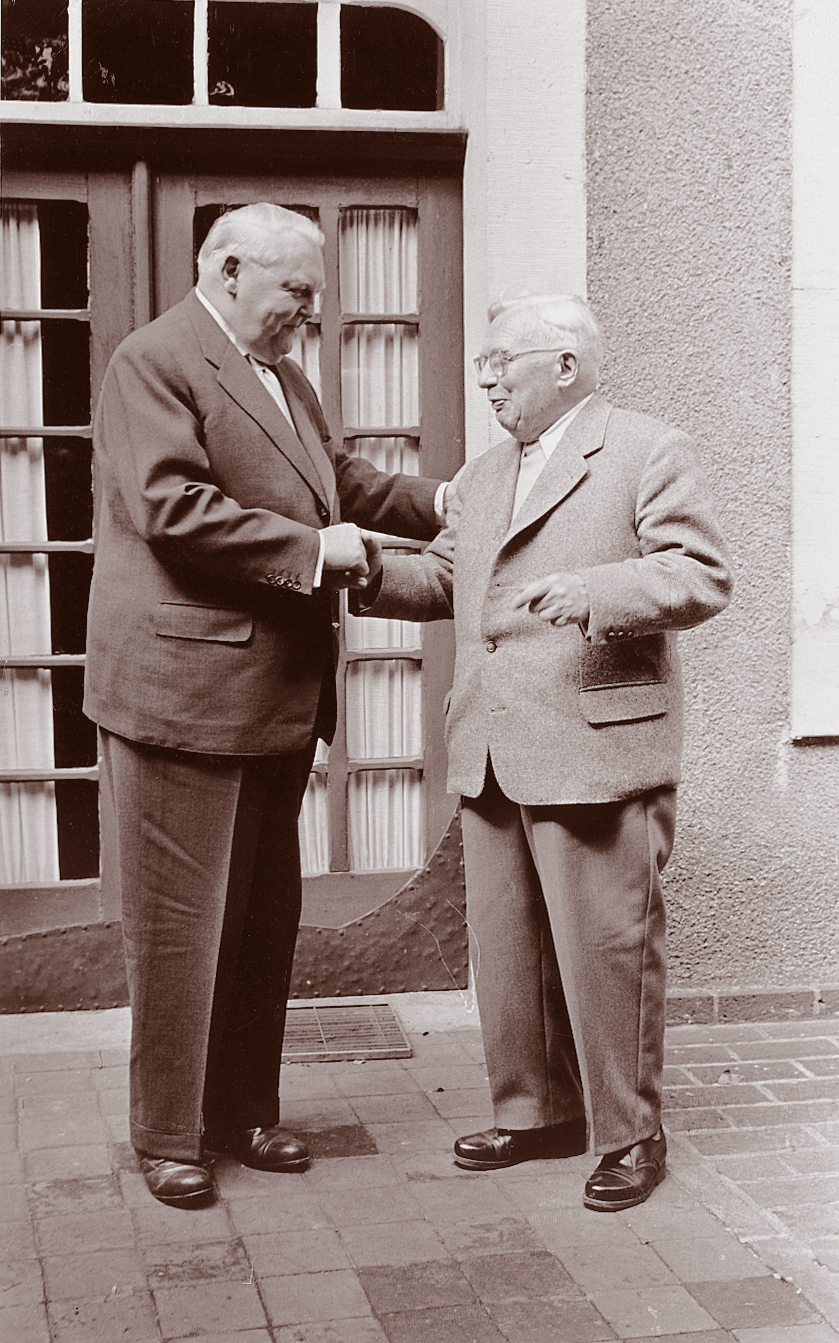When it was founded in 1934, the Gesellschaft für Konsumforschung e. V. (GfK e. V.) played a pioneering role in the field of market and consumer research in Germany. Its beginnings date back to 1919. In that year, the “Institut für Wirtschaftsbeobachtung der deutschen Fertigware” (IfW) was founded, which in turn was integrated into the Nuremberg School of Management four years later – i.e., during the period of the Weimar Republic.
The Weimar Republic not only stood for the first parliamentary democracy on German soil but also for the expansion of the consumer society, the implementation of market and competitive economic structures, rationalization and modernization, as well as the further development of Bismarck’s welfare-state concept and an increasing American influence on the German economy and society. All of this formed the framework conditions for the establishment of the Gesellschaft für Konsumforschung e. V., which played a decisive role in shaping and guiding these processes as an independent player – and rose to become one of the leading market-research institutes worldwide from the 1930s onwards.
Its founders, Wilhelm Vershofen, Erich Schaefer and Ludwig Erhard, had set themselves the goal of describing an independent German approach to market research that differed from comparable European and American institutions, as well as from the classic model of “Homo oeconomicus.” Rather, GfK e. V. pursued a holistic approach to analyzing the behavior and actions of market participants, considering not only the “human factor” – psychological aspects, feelings and emotions – but also beneficial aspects: the latter were also reflected in the scientific approach of the institute in the form of both qualitative and quantitative market and consumer research. The aim was also to conduct basic scientific research and commercial research under one roof. In the founding phase of the organization, which coincided with the National Socialists’ rise to power, its research did, however, meet with some resistance. The institute’s ideas were not always compatible with the Nazi ideology of the ”people’s community” and its consumer society.
This changed after 1945, as GfK e. V. demonstrated a strong commitment to Ludwig Erhard and Alfred Mueller-Armack’s model of the social market economy and accompanied the evolving mass consumer society of the Federal Republic of Germany with an enormous expansion of its fields of activity and methods. Since the 1960s and 70s, the decisive factors in this were the increasing entrepreneurial competition at the national and international levels and the globalization, deregulation and privatization that began in the 80s, as well as developments and innovations in the field of communication and information technology. This ultimately affected the internal structure of the institute.
The idea of combining basic and contract research, which goes back to Wilhelm Vershofen, increasingly reached its limits, leading to the separation of the operational business on the one hand and the non-profit activities of the institute on the other in 1984, which was then renamed in 2019 from ”GfK Verein” to “Nürnberg Institut für Marktentscheidungen e. V.” (NIM).
